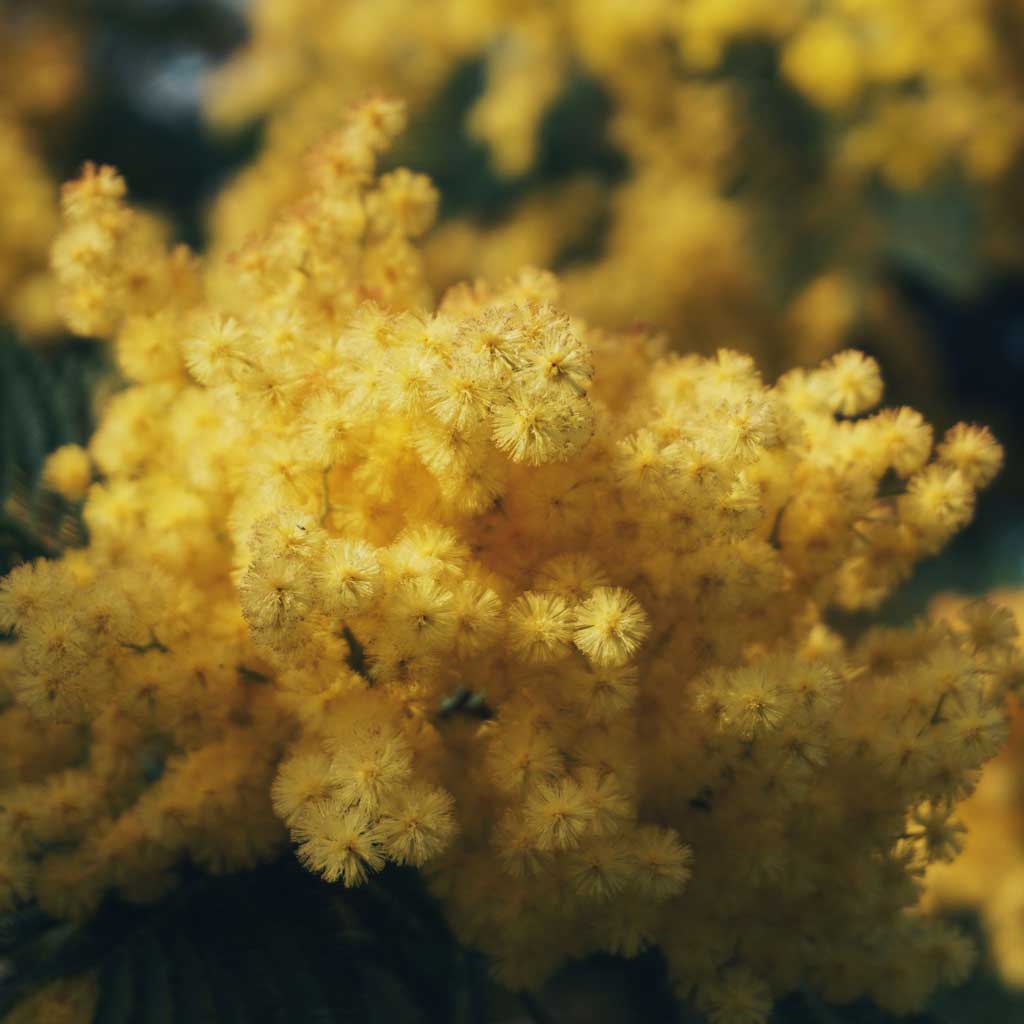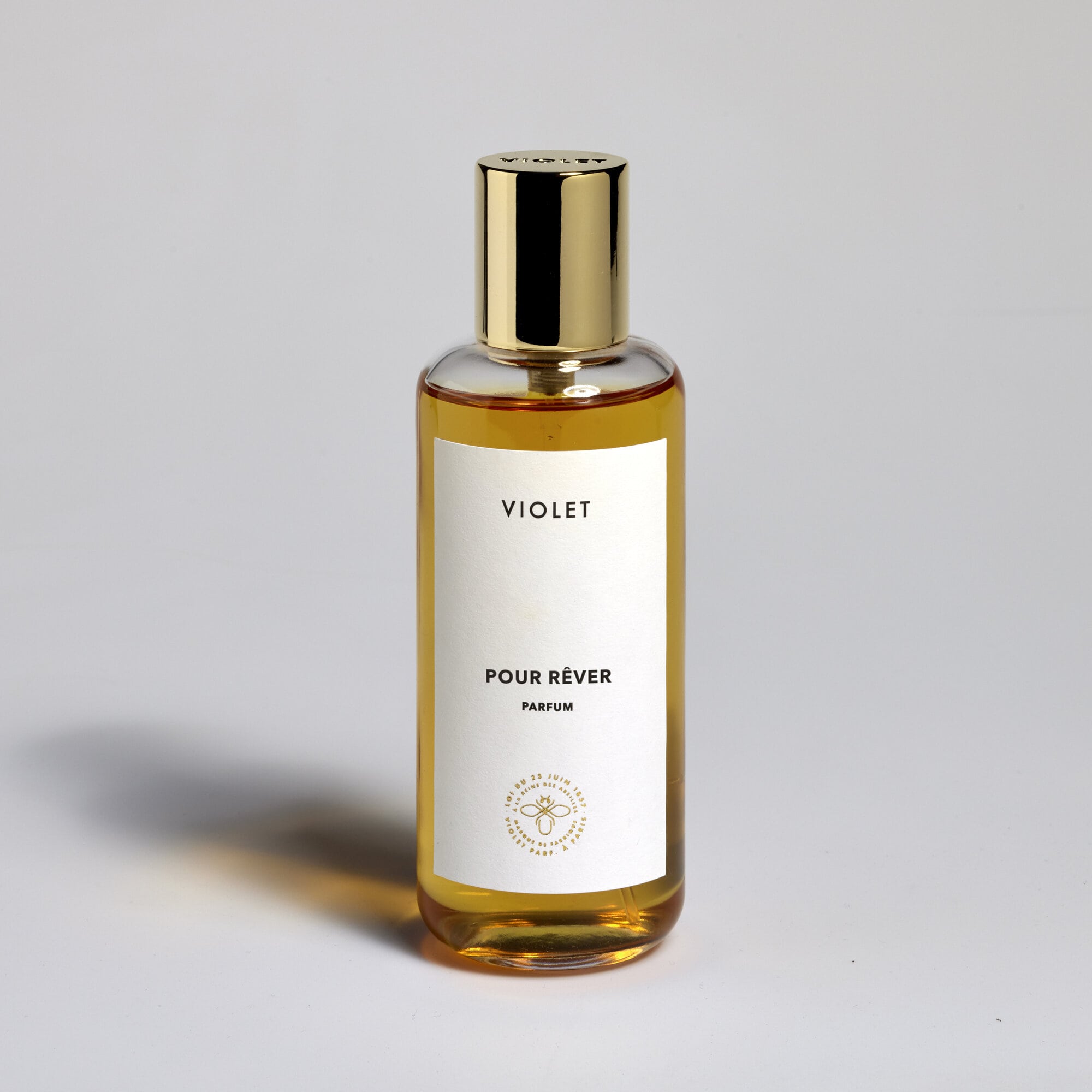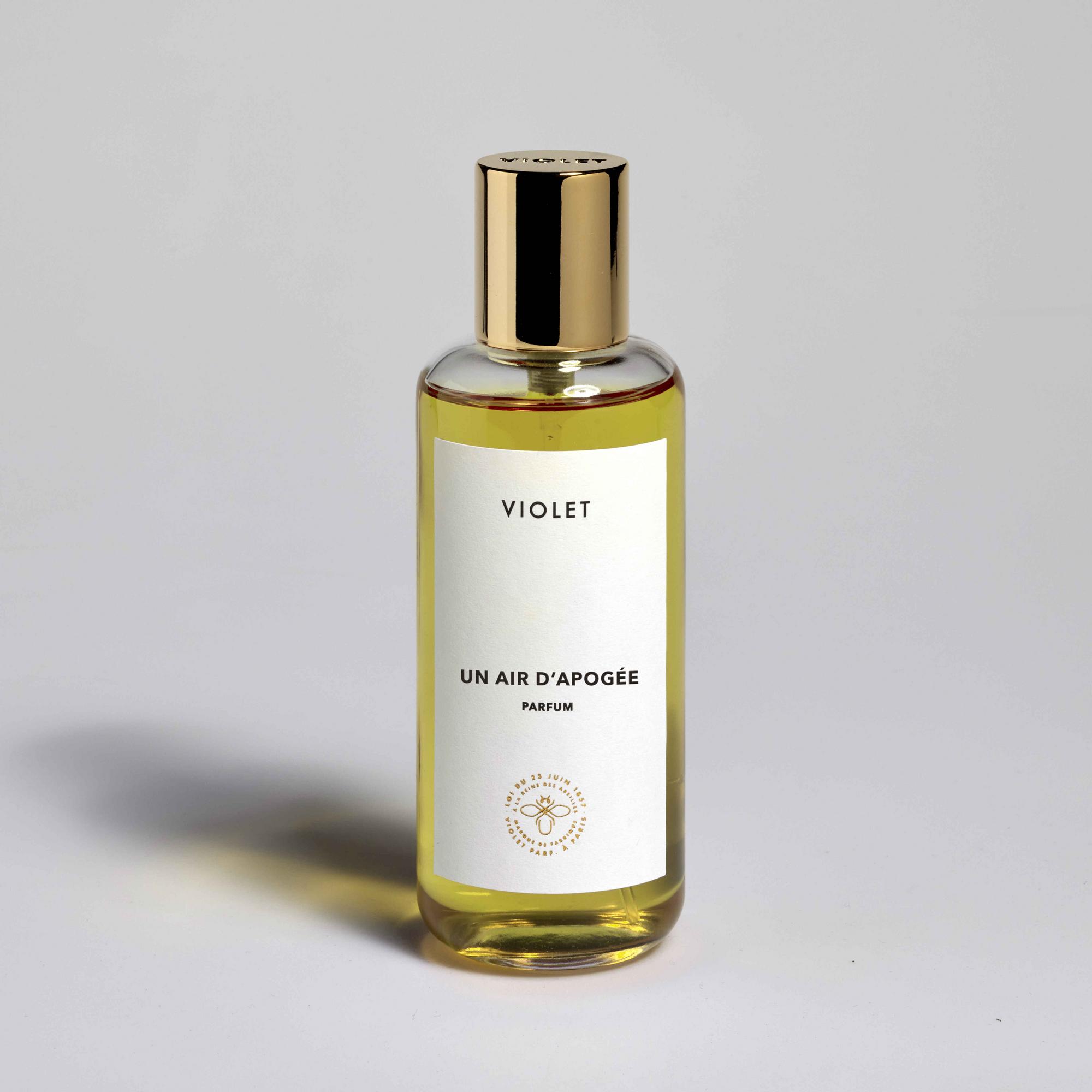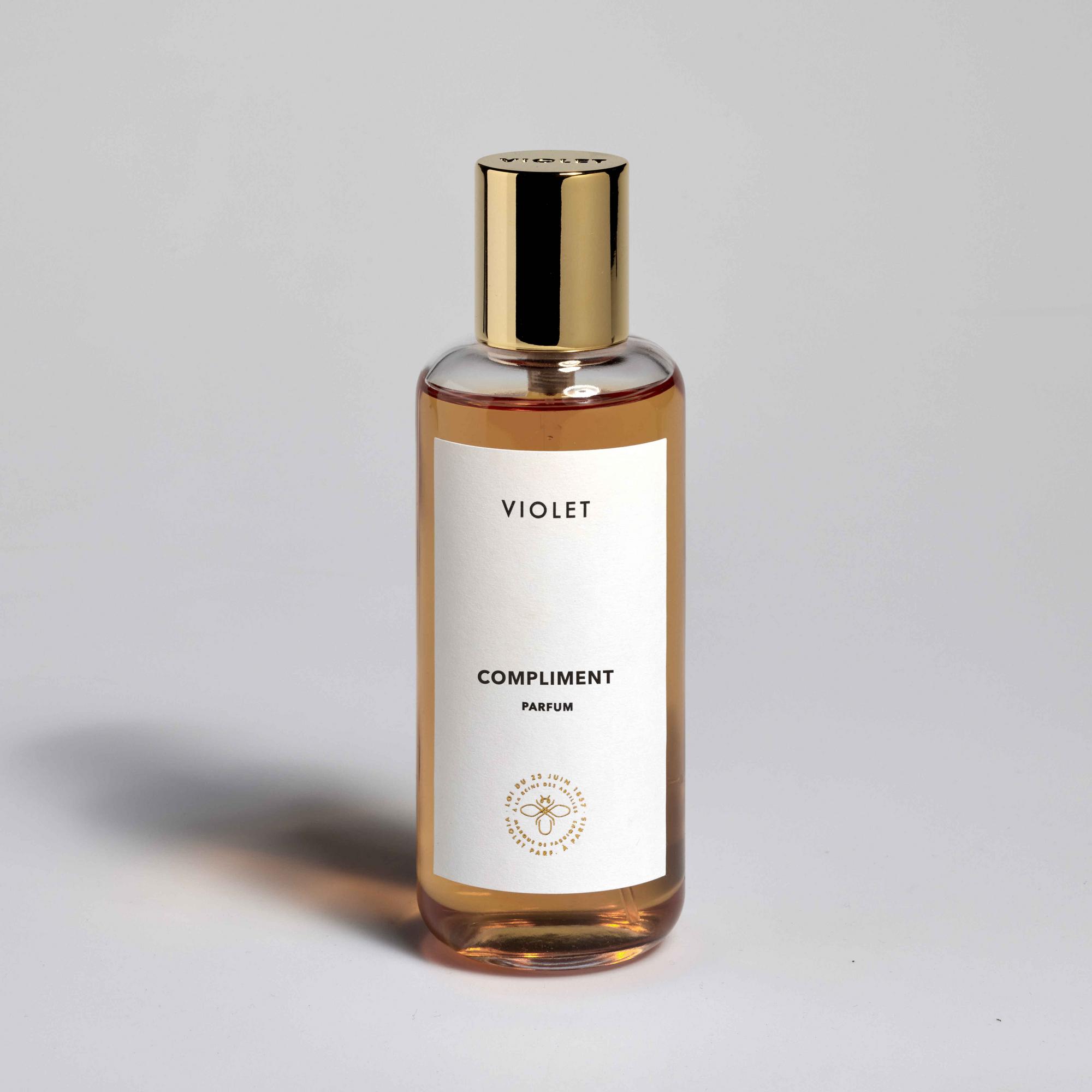Perfumery Guide #5 - The Importance of Synthesis
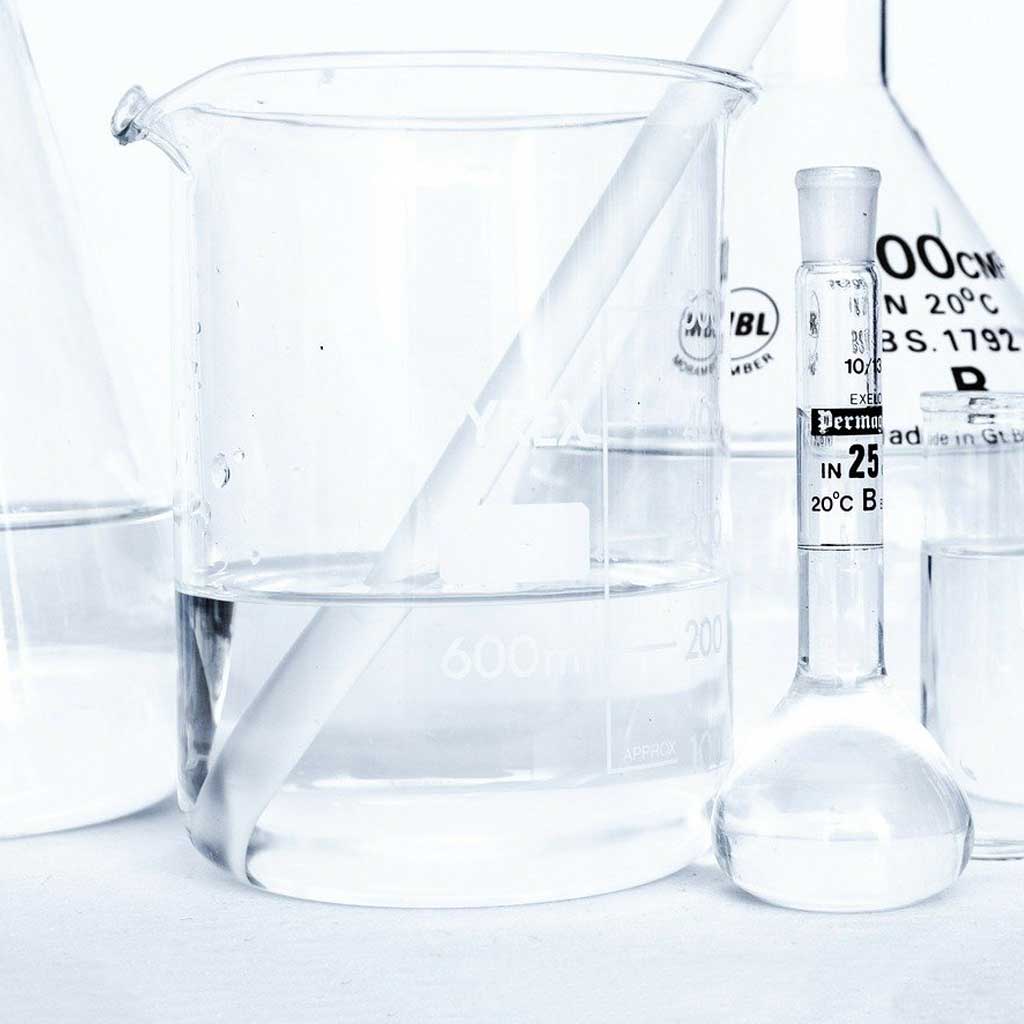

Could we make the title more engaging? It's hard to say, but it's true that we could have been impartial and titled “Synthesis in perfumery” or even “Synthesis and perfume”. Unfortunately, these two sentences lacked a serious bias. However, such a subject requires a frank and uncompromising position as it divides, tears, fascinates the modern cosmetics industry. Why are more and more companies promoting 100% natural in their perfumes? Is synthesis really the enemy as we can hear it today in certain speeches? Can we really envisage perfumery without synthesis? Faced with these questions, at violet we have our own idea, let us convince you.
Synthesis has revolutionized modern perfumery.
It is a fact, an evidence, an axiom even. Without the synthesis applied to perfumes we would still today be reduced to wearing perfumes from the family of the vinegar of the four thieves and, as its name suggests, its smell resembles that of a vinaigrette.
Whether it is the use of coumarin from 1889 in Guerlain's Jicky, or the famous Chanel N° 5 and its aldehyde bouquet, synthesis has reinvented perfumery since 1850. You will tell us then that we have to go from forward and not to use the past as the only reference, but it should be noted that these same perfumes, over a hundred years old, continue to inspire most modern creations today.
The perfumer has discovered a new world.
Several thousand new raw materials have been added over time to the perfumer's palette. Enough to make him dizzy especially when we know that he was previously reduced to composing with a few hundred notes. The synthesis has de facto boosted his creativity. He was thus able to be free, imaginative, even subjective, and create odors that bore no resemblance to nature. We will go further by saying that synthesis has raised the perfumer to the rank of artist and has enabled him to offer perfumes that deviate completely from traditional patterns.
Synthesis has benefits, some of which are ecological.
Attention, a sentence not to be put between all hands but the production of natural raw materials can prove to be a source of conflict. Overproduction, land clearing, impoverishment of soils and resources, destruction of ecosystems, agricultural pollution, extreme precariousness of farmers, parallel markets, the forms of violence are numerous and unfortunately too often present. Even if agriculture is vital and protects a plethora of actors, the synthesis, in many cases, makes it possible to alleviate the ever-increasing expectations of the world market and reduce the pressure on small farms, the first victims of injustice. In addition, the synthesis of raw materials of animal origin makes it possible to avoid the exploitation of the latter. Civet, castoreum, musk chevrotin, so many molecules that today come from the laboratory and not from nature.

The widely conveyed idea advocating the benefits of naturalness and that it would be much less dangerous than synthetic has already been dealt with in the article on ORGANIC in perfumery, link attached . Spoiler alert: it goes without saying that nothing could be less true.
However, it would be wrong to think that the synthesis is only good. Today when we know that the synthetic represents, according to various sources, between 50% and 90% of the formulation in general, we can legitimately ask questions. Have we conquered the artificial continent too much?
The synthesis is there to support the natural
The natural remains undeniably the soul of the perfume. It brings this rich and generous dimension that no 100% synthetic formula could claim to have. A depth that only a rose and its hundreds of chemical compounds can offer. A strength that only jasmine and its thousand facets can give and the synthesis is, at best, above all present to sublimate nature.

We need synthesis in perfumery. Whether for questions of creativity, stability, cost or even availability of volumes, it is impossible today to do without it. At Violet we have chosen to take the best of both families. To offer perfumes that are as rich as they are creative.
But to imagine a better world, it is necessary to bring ethics into the formulas. Differentiate between petrochemistry and green chemistry, from substitute to similar, and free ourselves for good from polluting synthesis, hungry for gas, oil and other fossil fuels. We cannot be, for the good of perfumery, in favor of the death of synthesis, just of its evolution into green chemistry. Because to get rid of it completely would not be an evolution but on the contrary a regression. Because for us, between the natural and the synthetic, the alchemy is great.


